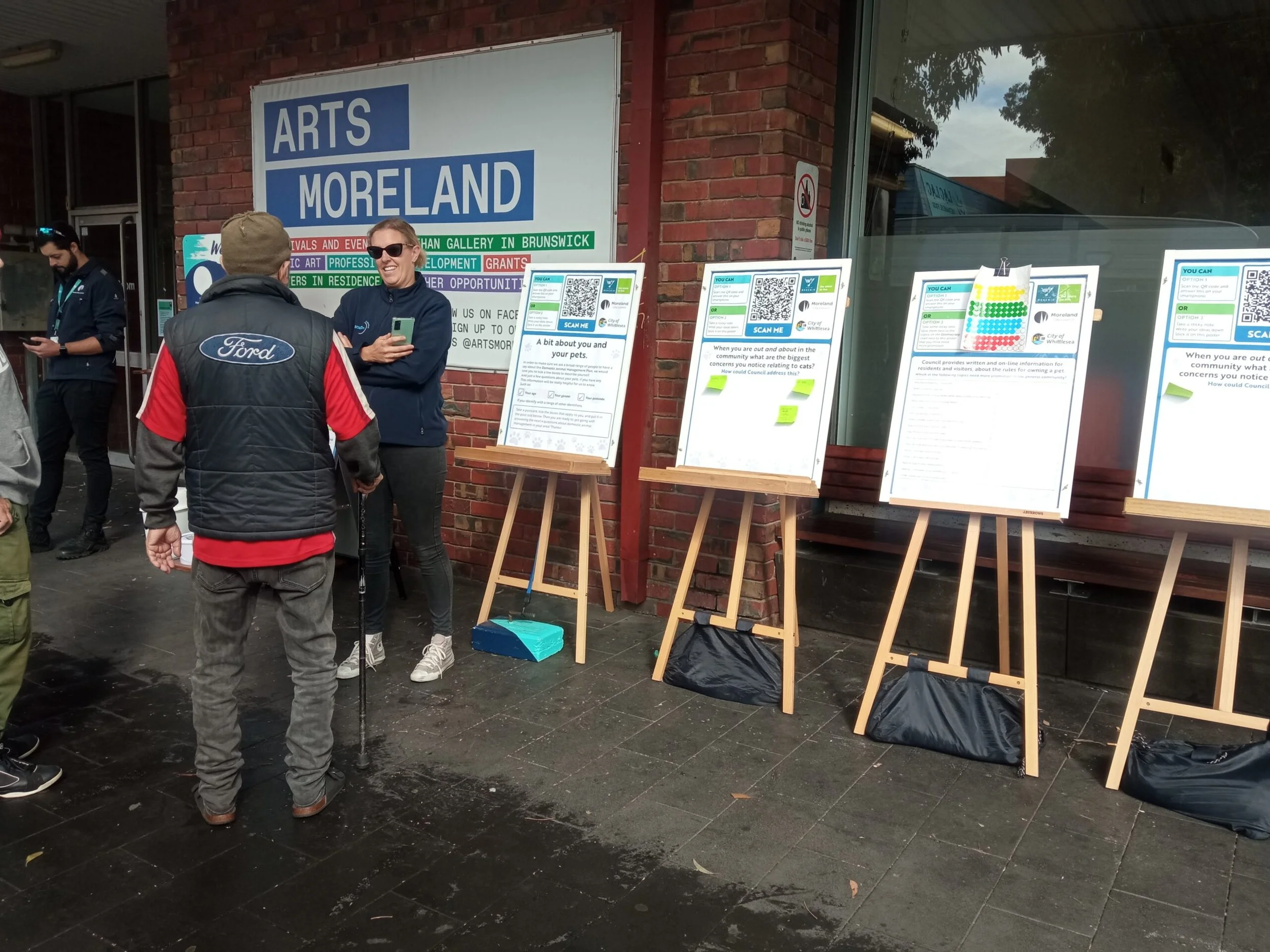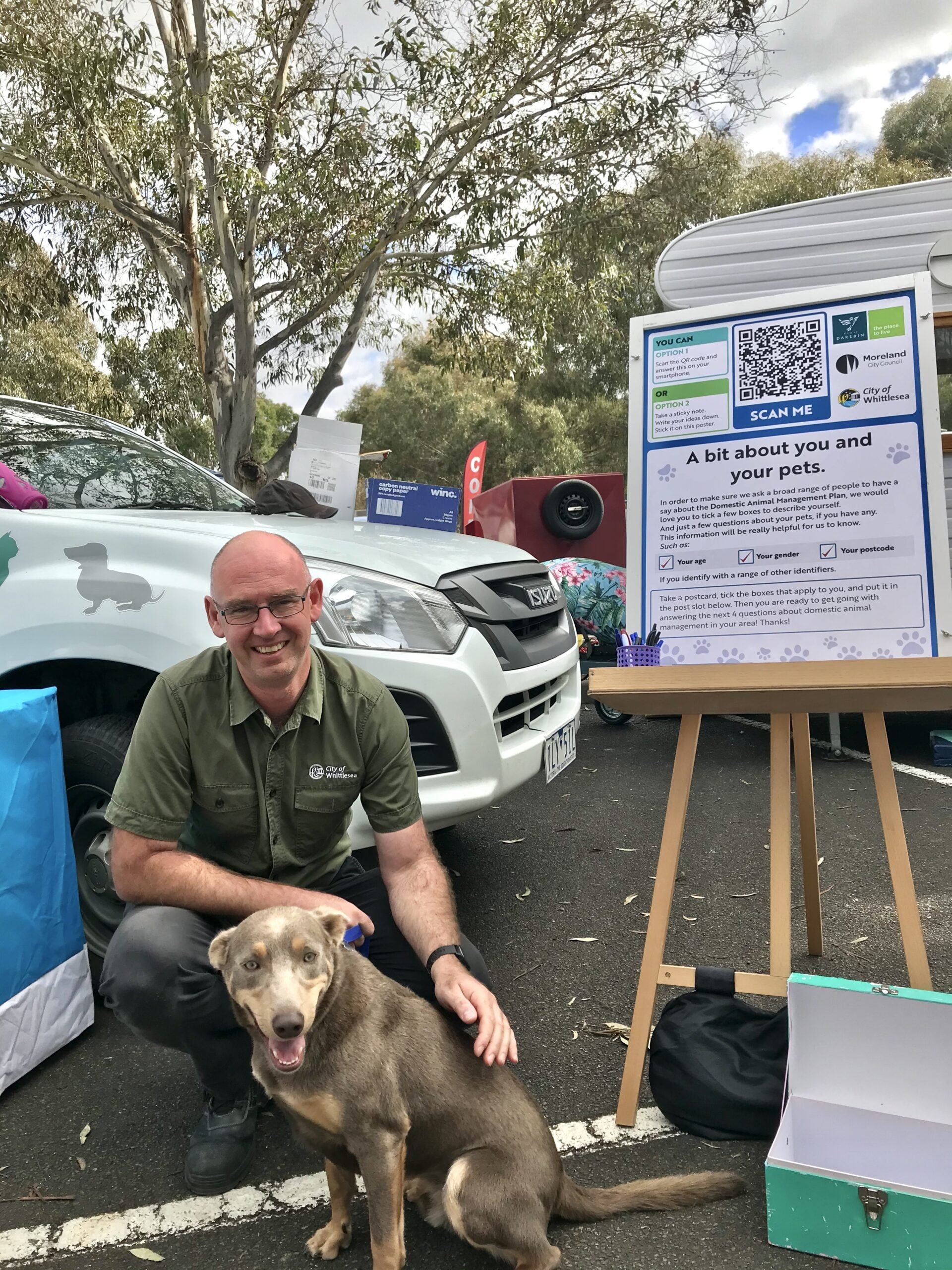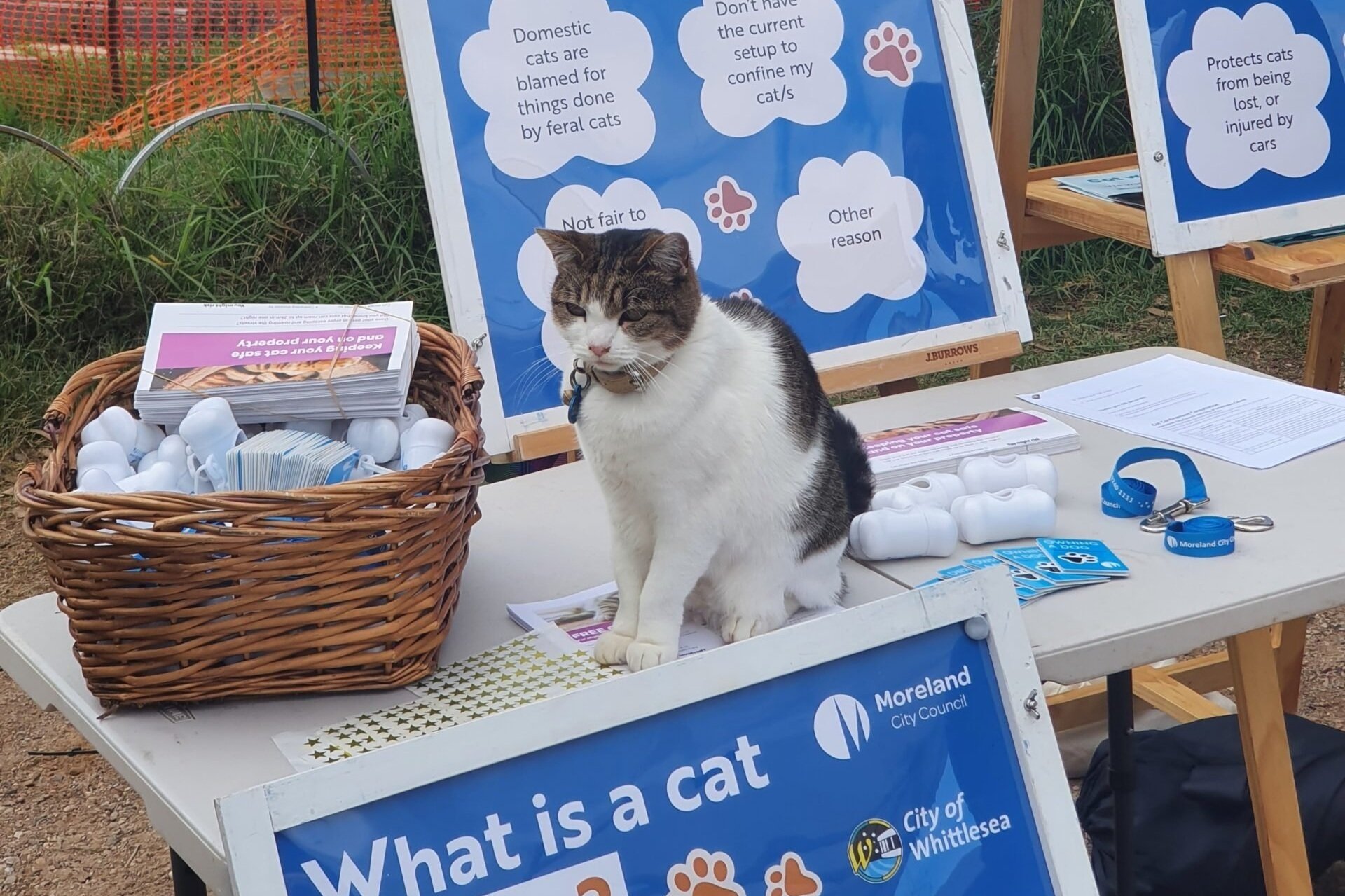Domestic Animal Management Plans
Collaborated Approach: Darebin City Council, Merri-bek City Council and City of Whittlesea
The Project
Conversation Co was engaged to deliver a sector-leading engagement program that informed the development of three Councils' separate Domestic Animal Management Plans (DAMP), in accordance with the requirements outlined in the Domestic Animals Act (1994).
For the first time, three Victorian Councils (Darebin City Council, Merri-bek City Council and City of Whittlesea) partnered to engage with their communities on domestic animal management and build on each Council's knowledge and experience for shared gains.
The engagement program sought to capture community views in regards to animal management, specifically concerning cats and dogs, and an opportunity to build meaningful relationships with key stakeholders within the community such as veterinarians, the RSPCA, rescue groups and shelters.
For this project, a variety of engagement methods were used to reach members of the community and key stakeholders who provide services to the community. This consisted of both face-to-face and online techniques, including community pop-ups, online surveys, an online Q&A session, an internal workshop and phone interviews.
Outcomes
3,049 comments were received in Stage 1 and 2 of the project with participation from approximately 1,624 participants.
The engagement approach included: 3 online surveys, 10 stakeholder phone interviews, 15 place-based community pop-ups, one Q&A session and internal staff workshop for animal management staff across the three councils.
The Domestic Animal Management Plans for each Council were endorsed in 2021 and 2022.
Key Learnings
The collaborative approach used in this project not only allowed the Councils to maximise their budget and engagement reach but also provided the opportunity for the animal management teams to network, share resources and develop shared actions for the Domestic Animal Management Plans.
Challenges
It was difficult to secure a booking for pop-ups in some locations including a local shopping centre, resulting in less desirable locations being used with less foot traffic.
Requirement of one Council for all participants to provide personal information before they could engage at the pop-ups or complete an online survey proved to be a barrier to engagement.
Engaging community members who weren’t pet owners was difficult. It was necessary to provide an explanation on why their input was important.
Keys to Success
Having animal management officers attend pop-ups demonstrated Councils’ commitment and helped to build the community’s trust in the project.
A strong communications campaign including promotion on each Council’s corporate channels and social media as well as signage in customer service centres, libraries and maternal and child health centres.
Project pages on each Council’s community engagement portal, providing a consistent location for the community to access information about the project,upcoming pop-ups, and participation via their Council's online survey.
Translated materials including information on the DAMP and how to give feedback were available in Arabic, Greek, Italian and Simplified Chinese at community pop-ups, and on each individual Council’s online platform. One Council also made information available in Hindi, Macedonian, Nepali, Punjabi, Somali, Spanish, Urdu and Vietnamese.
Incentives were used at one Council’s pop-ups in the form of a showbag for participants completing the pop-up questions. Showbags contained a range of dog-related accessories such as collars.
Pop-ups were held at locations across the Cities of Darebin, Moreland and Whittlesea at locations that typically attract foot traffic and a cross-section of the community.





